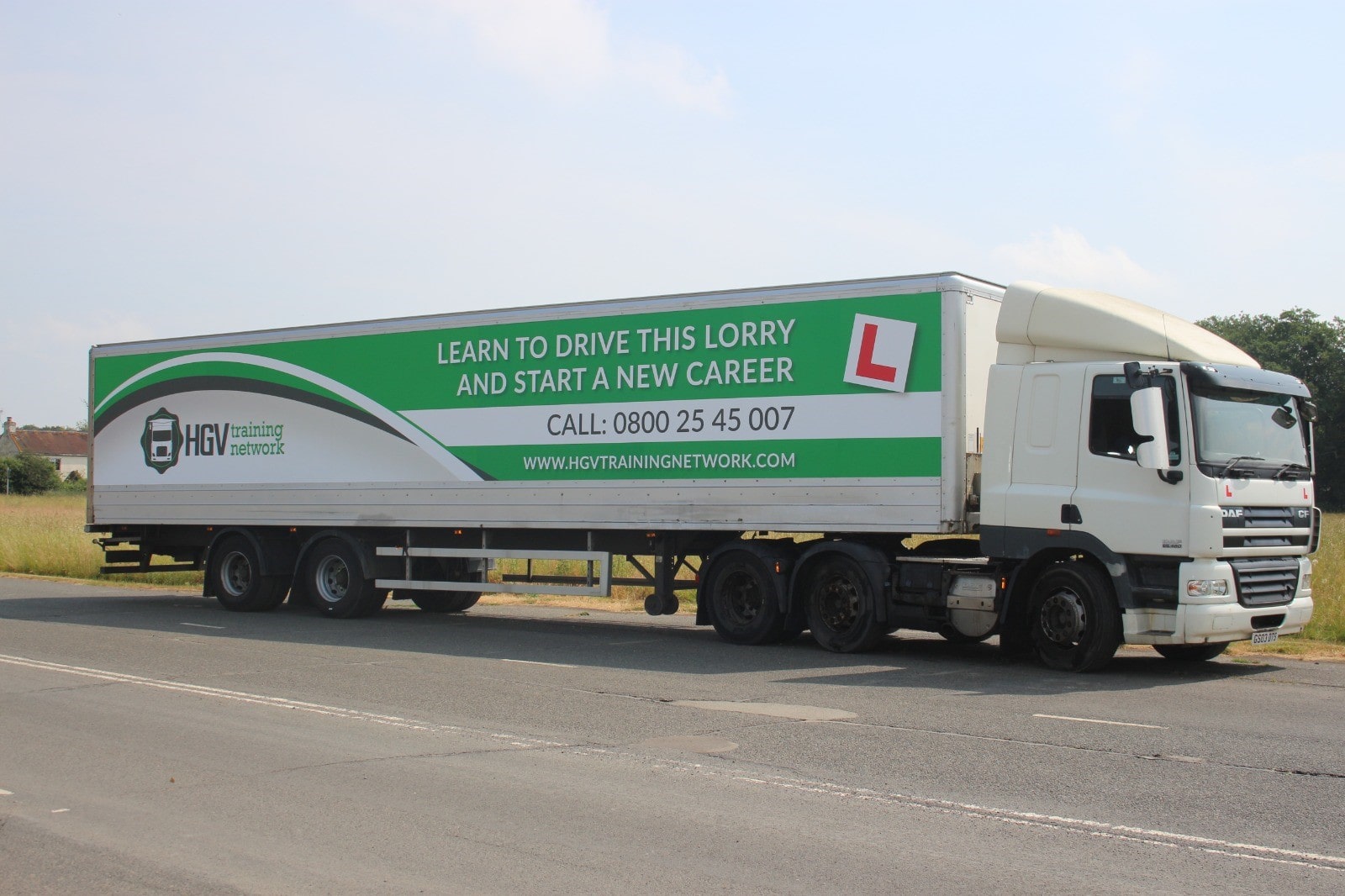
Choosing the right HGV (Heavy Goods Vehicle) training programme is a critical step if you aspire to build a successful career in the logistics and transport industry. Whether you’re starting fresh or switching gears in your professional life, selecting a high-quality training provider can shape your confidence, skills, and employment opportunities. Here’s how to identify the best training course for your needs and ambitions.
Key Considerations for Selecting the Right Course
Choosing the best HGV training programme requires careful consideration of several key factors. Start by ensuring the provider holds proper accreditation and certifications, such as approval from the DVSA, to guarantee recognised qualifications. Practical experience is essential, so look for training facilities with a modern fleet that reflects real-world vehicles. Equally important is the expertise of the teaching staff—providers with experienced instructors can better prepare you for both theoretical and practical tests.
Flexibility in scheduling, such as part-time or weekend options, is another critical aspect, especially for those balancing other commitments. High pass rates and success stories from past trainees can indicate the programme’s effectiveness, while career support services like job placement or CV assistance can help you secure employment after training. Cost is another consideration—compare fees, funding options, and what’s included in the package to ensure transparency. Finally, reviews and testimonials from previous students offer valuable insights into the overall quality and reliability of the programme.
Certification as a Foundation for Your Career
Choosing a certified and credible training programme ensures that your qualification will be recognised across the industry. Without this recognition, even the most intensive training might fail to open the doors you need. Use public resources or professional networks to verify the credentials of prospective programmes.
Importance of Quality Vehicles
Training in outdated or poorly maintained vehicles can put you at a disadvantage. A high-quality fleet will not only prepare you more effectively but also give you confidence behind the wheel. Providers that prioritise vehicle upkeep and variety demonstrate a commitment to equipping you for modern transport requirements.
Skilled, Experienced Trainers
The competence of your instructors will significantly influence the value of your training. Look for instructors who have extensive experience in logistics and a thorough understanding of industry standards. Their insights and expertise can prepare you for real-world situations that go beyond test scenarios.
Flexibility and Schedule Alignment
Training should fit your life, not disrupt it entirely. Whether you’re looking for a full-time course or need something part-time, make sure the offerings match your availability. Flexible training formats are particularly helpful if you’re transitioning from another career or managing personal commitments.
Evaluating Track Record and Success Rates
A course with a strong track record provides added peace of mind. Pass rates offer tangible proof of how well a provider prepares candidates for exams. Similarly, endorsements from previous trainees can validate claims made by the institution, helping you separate real results from empty promises.
Career Support as a Springboard
The job market can be challenging, so any additional career services offered by a course provider count as a bonus. Help with CV preparation or direct connections to industry employers can smooth the transition from trainee to employee, placing you ahead of others in the recruitment process.
Final Thoughts
Selecting the right HGV training programme is a crucial milestone on your road to a professional trucking career. By thoroughly researching and evaluating providers based on certification, equipment, trainer expertise, flexibility, and job support, you can set yourself up for long-term success. Don’t rush the decision; the right programme can make all the difference.
